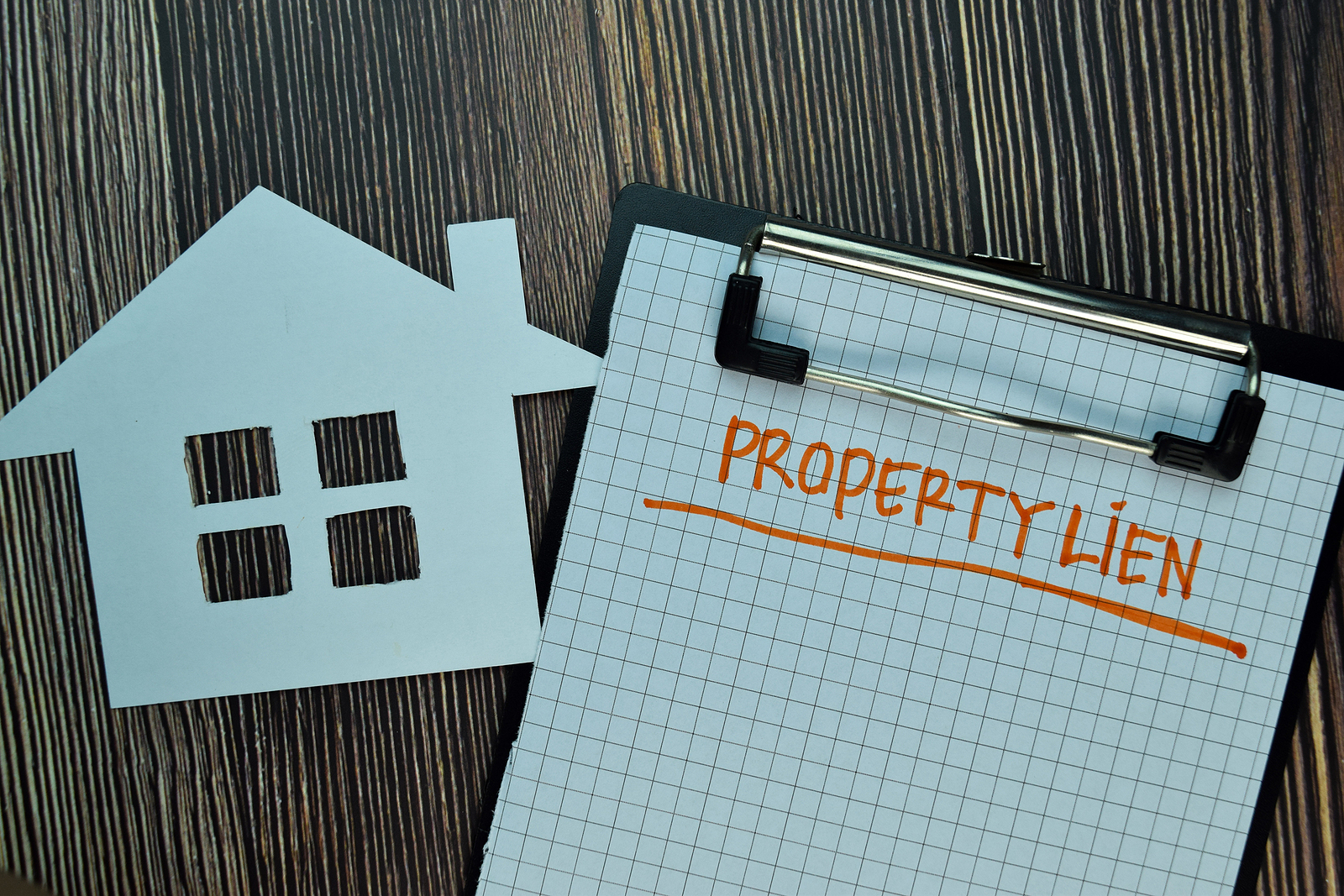Unless she checks her credit report periodically, the average American will often not realize that there is a lien against her property until she applies for credit or tries to sell property.
A lien will stop the sale of your home until it’s taken care of.
A lien is a type of security for an unpaid debt, and it can be placed on a home, an auto, a boat, a business and any other type of property with significant cash value. It essentially keeps the property from being sold until the debt is paid.
There are several types of liens that find themselves slapped on a home. Among the most common are mechanic’s liens, tax liens and judgment liens. Let’s take a look at each.
Mechanic’s lien
Homeowners who have had remodeling or other construction work done around the home should check to ensure that the contractor or a subcontractor didn’t place a lien for non-payment.
“For example, if you are remodeling your bathroom and the supplier who supplied the bathtub isn’t paid by the general contractor, a lien can be placed against your house to recover the money,” warns the attorneys at FindLaw.com.
Even if you paid the contractor for the bathtub, you’ll be held liable if the contractor failed to pay the supplier for it.
No, it doesn’t seem fair, but the law presumes that you can sue the contractor for the money. When you’re knee-deep in a home sale, however, time is of the essence and court cases take time.
Tax lien
Don’t pay your taxes and the government can and will put a lien on your home. This includes federal, state and local governments.
Judgment lien
If you’ve ever sued or been sued in small claims court, you may be familiar with the judgment lien.
Investopedia defines the judgment lien as “a court ruling that gives a creditor the right to take possession of a debtor’s real property if the debtor fails to fulfill his or her contractual obligations.”
Liens must be removed before you sell your home
Unless the buyer agrees to buy your house subject to the lien, it will need to be paid and released before the sale can go through. Even if the buyer did agree to this, however, his or her lender most likely will not.
- The first step you should take when you learn of a lien against your property, and you feel you don’t owe the debt, is to contact an attorney.
- If you agree that the debt is valid, contact the lien holder for instructions on how to pay it off. Request that he or she sign a Release-of-Lien, in front of a notary public. These forms are available from your attorney, the county clerk and online.
- Pay off the debt to the lien holder if the debt is valid. Sometimes an attorney can negotiate a lower payoff for you.
- Request that the lien holder sign a Release-of-Lien, in front of a notary public. Release-of-Lien forms are available from an attorney and from the county clerk’s office.
- File the Release-of-Lien at the county recorder’s office. This makes the release a matter of public record. There is usually a charge for this, and the fee varies by region.
- Consult with your real estate agent about how to notify the title company of the release.
- Keep a copy of the Release-Of-Lien in a safe place, for your records.
We are not attorneys and can’t offer legal advice, so your best course of action when concerned about lien removal is to contact your attorney.





